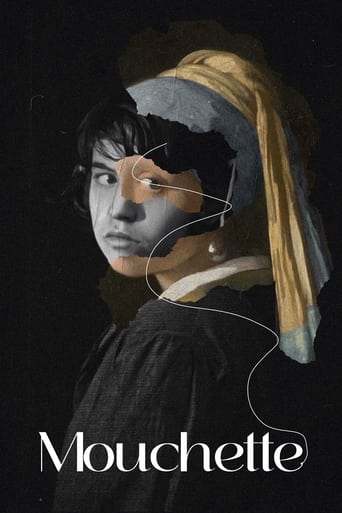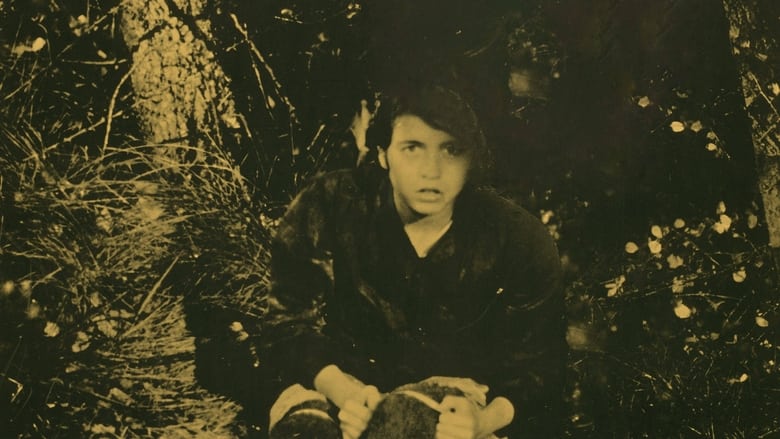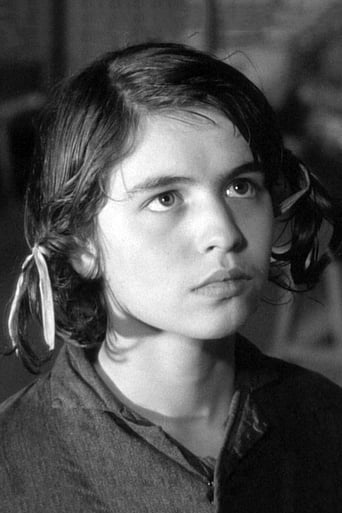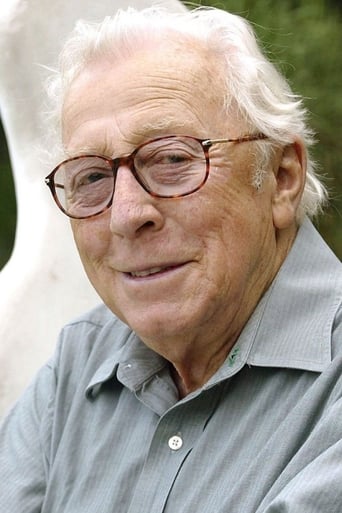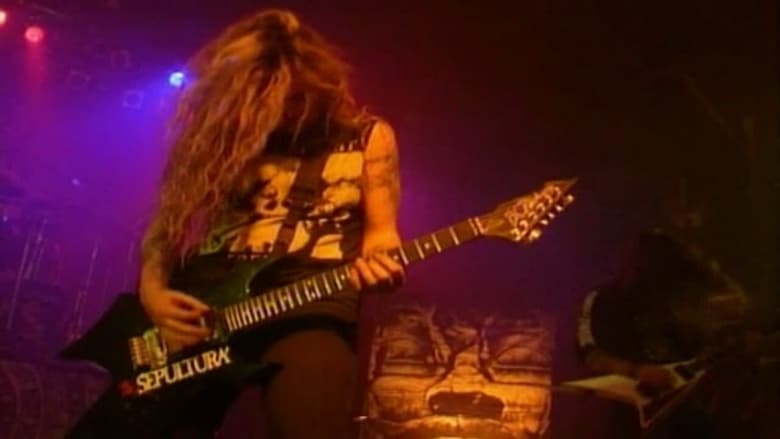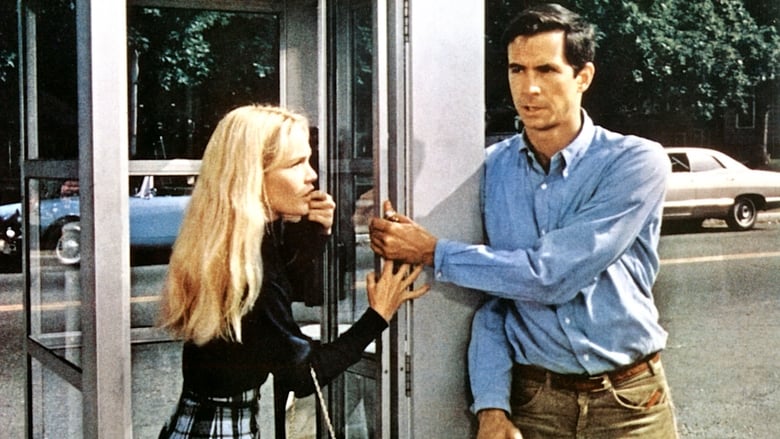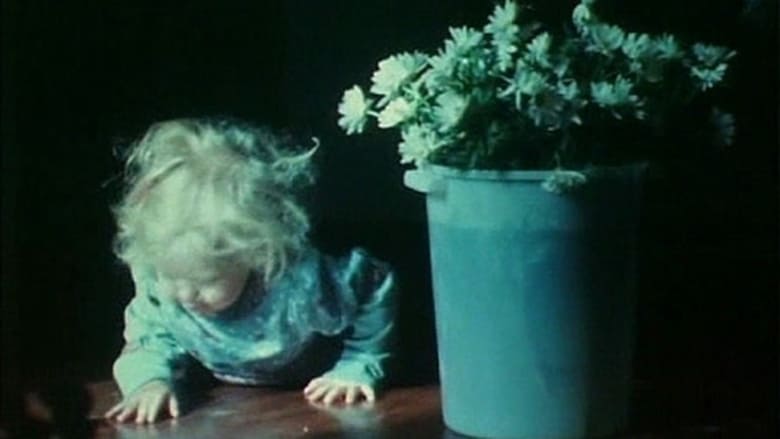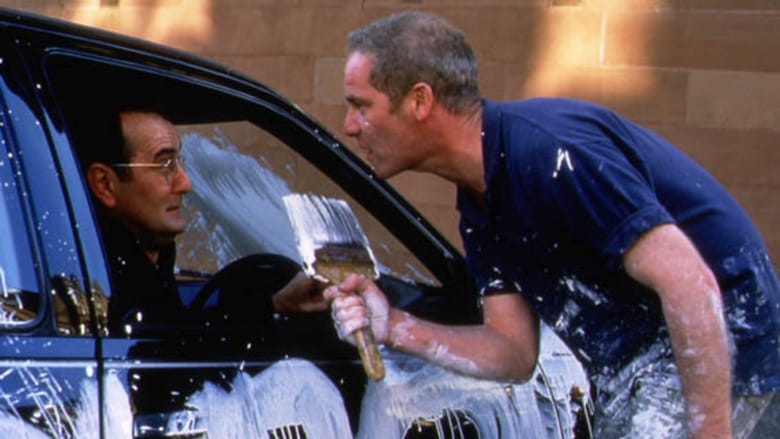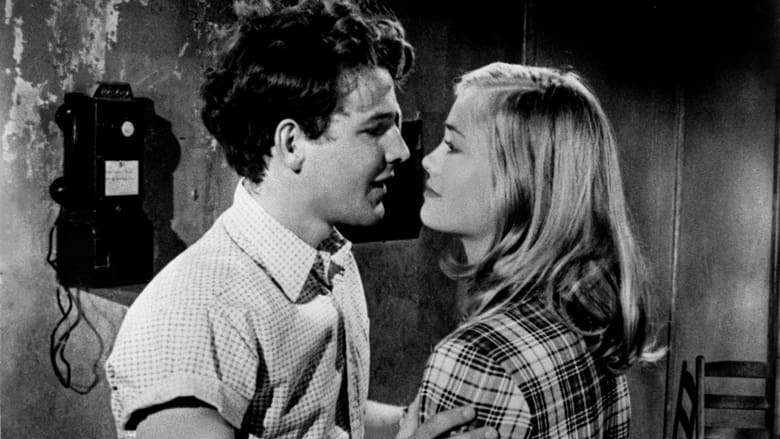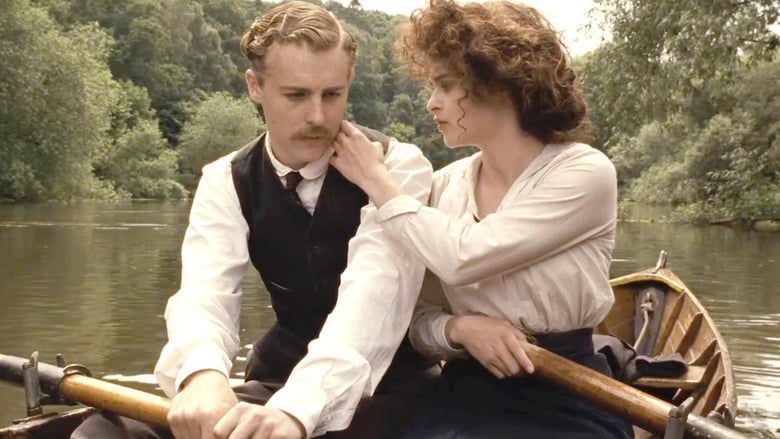A young girl living in the French countryside suffers constant indignities at the hand of alcoholism and her fellow man.


Similar titles
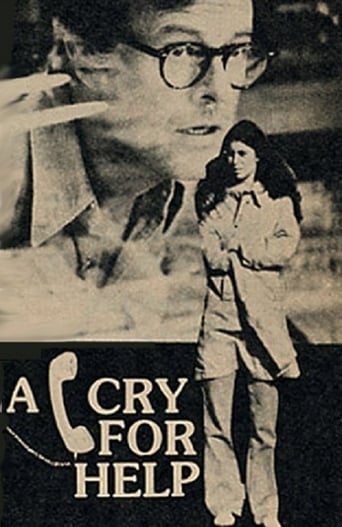
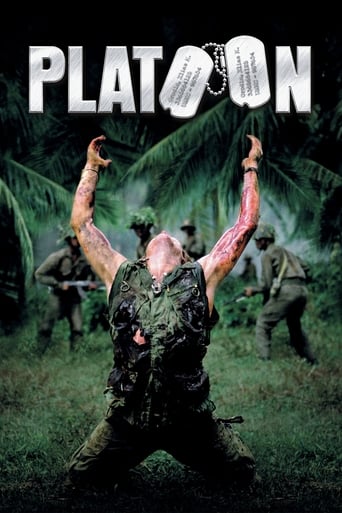

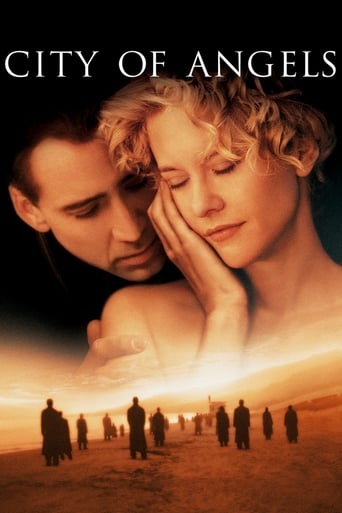
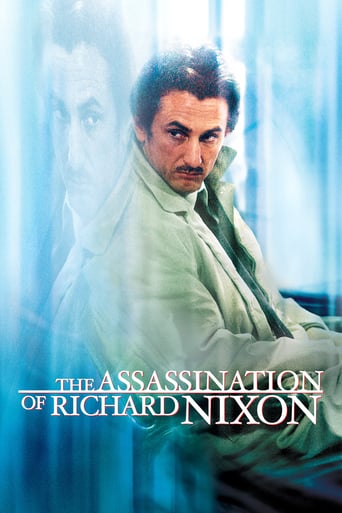
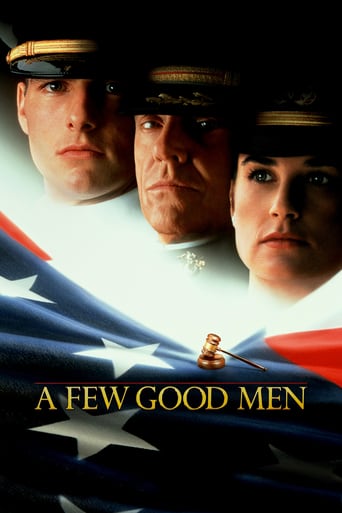


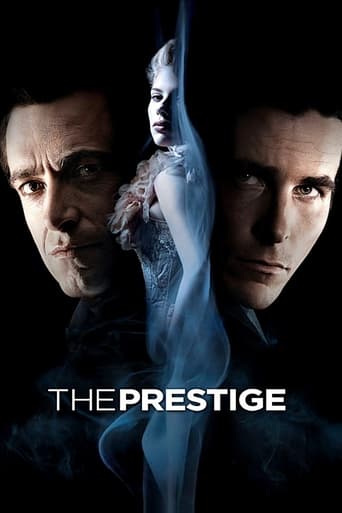
Reviews
Bresson is known for heartbreaking films such as Au Hasard Balthazar but I believe he got the best of himself with this film. As most of Bresson, the film uses the characters hands and behavior to "explain" them. Mouchette's life is a tragedy: she suffers but yet she will not complain. She has no future, she is a lost person in the world. Even thought Bresson's style may seem too cold, it may be, but it is incredibly affective. Bresson made a film about a tragedy that is not just from this suffered and misunderstood young girl but of a lot of persons: wanting to be accepted but humiliation is what she receives as an answer. "Mouchette" is one of the most powerful films in cinema history, it is moving without being forced and one of the most well developed tragic characters from cinema.
This film, based on the novel by G. Bernanos, is a moving portrait of an outcast. Mouchette is a member of a poor family. Her mother is sick and her father survives only by poaching and smuggling. She is badly dressed and has no genuine footwear (a painted bird). She is continuously humiliated and insulted by other kids and by those who wield a certain power in the village, like her teacher or the 'Christian' bourgeoisie. Yet, she is the embodiment of real Christian virtues such as poverty and innocence. The purity of her feelings is beautifully illustrated in the sequence of the fair with its bumper cars. In her story 'That particular Summer', Marie Cardinal (who plays the mother in this movie) paints a far from hagiographic portrait of Bresson: an awkward, insufferable and callous man. Nevertheless, with his sober style, (apparently) without any passion and a far cry from big theatrical gestures, Robert Bresson created a really disturbing masterpiece. He stigmatizes in a fierce way the human community, which tramples mercilessly on the underprivileged. A must see.
Sixteen years after having successfully exploited Georges Bernanos' universe for his "Journal d'Un Curé De Campagne" (1951), Robert Bresson appropriates once again another book by the French writer: "Mouchette" for a very personal, stylish rendering and a canonical film about stolen childhood. The filmmaker always supported that he'd prefer a film to be felt rather than to be understood. Needless to say we leave the projection with a big emotion inside us and we also feel helpless about Mouchette' terrible life. According to Bresson, Mouchette's tragic fate enabled him to put forward "misery, cruelty. They're everywhere: wars, tortures, murders".The film starts with Arsène's and the gamekeeper's eyes staring at quails and partridges that desperately try to free themselves from snares. This harrowing introduction sequence sets the scene for what follows after wards. How not to think of a metaphor for Mouchette's life that offers her no horizon and no hope? This teenage girl is all alone and in spite of her young age, she has to take care of her sick mother, her alcoholic father and her baby brother. She goes to school but feels rejected by her female fellow students, notably when school's over, they stone her. It's the same thing every day and Mouchette is trapped in her loneliness. That's why the sequence at the fair comes as a sort of relief for her. The scene at the bumper cars provides her momentary solace and joy. Then, the key sequence with Arsène will make her open her eyes about what she really wants. In spite of her poverty and solitude, Mouchette needs to love but where to find it in a hostile world?Mouchette strongly belongs to the Bressonian world. She's an outcast and she can't integrate herself to her surrounding. Once again, Bresson underscores the opposition between a pure, subjective person and an objective, hostile world in a sparse, minimal directing with a supremacy granted to images and sounds and the evident symbols they convey. An eloquent example would be when the little girl is all alone in the country and can hear the sound of guns and can see rabbits running or dying. She hasn't got a friend or even one member of her family to talk to. When she wants to tell her mother what Arsène did to her, she dies. Fate dogs her. There's no room for the weak and there's one last exit left... Bresson's austere, intensely visual making fits the story and its themes like a glove and if you don't feel anything during the last sequence, you have a heart of stone.
Sublime film from Robert Bresson!Actually it was my first encounter with Bresson's work, five or six weeks ago. I was so eager to see it...Bresson's films ("Mouchette" and "Au hasard Balthazar") haven't disappointed me- to see the least!"Mouchette" is such a pure film, so sublime. So powerful. When I saw this film, it really blew me away totally. So overwhelming. But now, weeks after that experience (I saw that films more than once, btw) it's still beginning to gain more power and emotion."Mouchette" has such overwhelming, graceful, brilliant images, shots and scenes. The opening scene may be the best ever: brilliant and pure, it tells everything you will see in the next hour and twenty minutes. The use of the music, sublime sounds of Monteverdi, is unique, powerful and brilliant. No more than- what is it?- ten seconds or so it can be heard. The opening scene is so short...That's the power of Bresson: images, sounds, scenes are presented in such a brilliant way. When we are beginning to be attached to them, other images and shots are already presented. As a viewer, you can't really be attached totally by them. That's way these images, shots, scenes will be in your mind long after the film: all things, all scenes and situations, and especially all emotions (if they are shown at all) are shown in actually too short a time, that you, as a viewer, will be forced to "finish" them. You are forced to locate the emotions not shown, to locate the situations and details which are only suggestively shown. Bresson's editing is just brilliant, bt it may take some time before you are aware of that.Some of the most brilliant scenes ever are presented here: Mouchette, forced to go into church by her father; Mouchette's brilliantly and superbly simple introduction to the viewer. Most notable for me, besides the ending scene of course, is the scene with Mouchette in the dodgem cars, having her only small feelings of joy and relieve. The expressions and emotions shown in this really magnificent scene, maybe the best and most emotional I've ever witnessed, are to diverse to even describe them. Just watch this scene...Nadine Nortier, playing Mouchette, blew me away with her magnificent acting. So pure, sublime, graceful and heartfelt. One of the most striking peaces of "acting" I've ever seen...!This superb film will be in my mind for ever, just like "Au hasard Balthazar". Nobody, not even the best like Dreyer, Ozu, Bergman and Tarkovsky, can present stories, images and "emotions" in such a superbly simple, transcendental and pure way as Bresson.Masterpiece!
